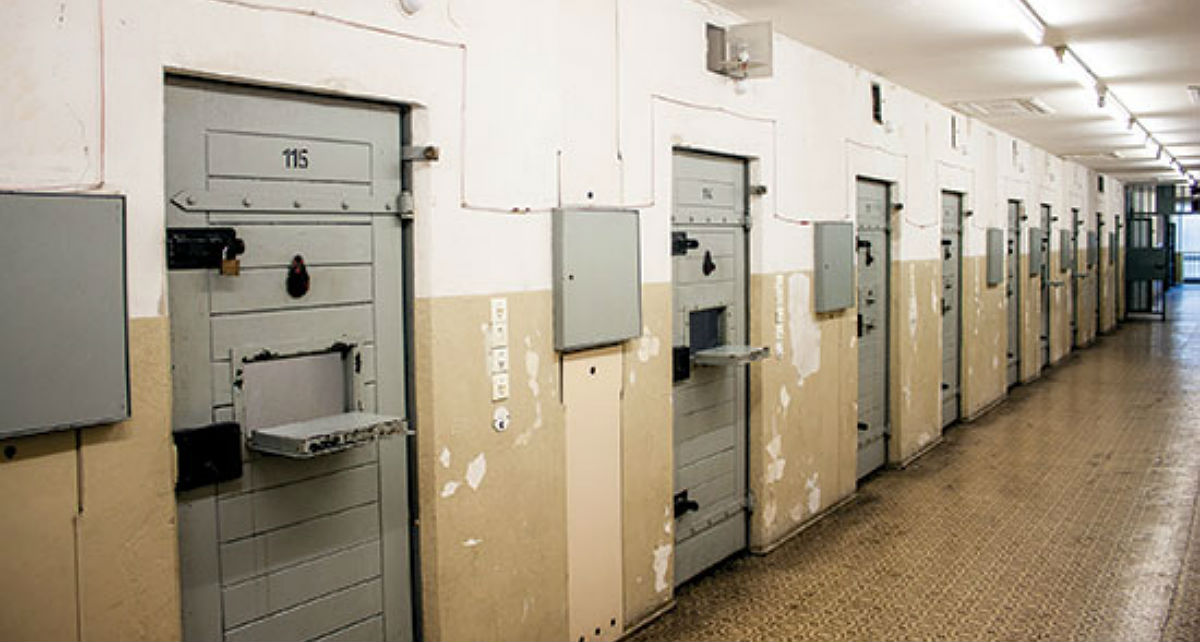
Is solitary confinement ‘cruel and unusual’?
Social isolation can even lead to changes in brain structure
About 80,000 Americans are incarcerated in solitary confinement on any given day, a practice that has been deemed cruel and unusual punishment by the United Nations Committee on Torture. Those in solitary confinement typically have no physical contact and little interaction with others. This extreme isolation can be damaging and may cause or worsen depression, anxiety, and other mental illness.
A roundtable including a prisoner held in solitary for 29 years explored the psychological and neurobiological burdens of solitary confinement at Neuroscience 2018, the annual meeting of the Society for Neuroscience.
Robert King was held in solitary in Angola Prison in Louisiana from 1972 to 2001, when his conviction for killing a fellow inmate was overturned. Since then, he has been an activist for the abolition of solitary confinement. Speaking about his own experience, King told the meeting:
“People want to know whether or not I have psychological problems, whether or not I’m crazy — ‘How did you not go insane?’ I look at them and I tell them, ‘I did not tell you I was not insane.’ I don’t mean I was psychotic or anything like that, but being placed in a six by nine by 12–foot cell for 23 hours a day, no matter how you appear on the outside, you are not sane.”
Meals for these prisoners and communications with prison staff normally come through slots in the solid steel doors of their cells. Some are permitted an hour of daily exercise day, alone. They can be denied visits, telephone calls, television, reading materials, and art supplies.
Neuroscientists, lawyers and activists such as King have joined forces to get solitary confinement described as cruel and unusual punishment.
The Neuroscience 2018 conference highlighted some physical damage experienced by isolated prisoners. “Social deprivation is bad for brain structure and function. Sensory deprivation is bad for brain structure and function. Circadian dysregulation is bad,” said Huda Akil, a professor of neuroscience at the University of Michigan who was also on the panel. “Loneliness in itself is extremely damaging.
Social isolation has been shown to heighten stress hormone responses and change structures within the brain. It may also lead to post-traumatic stress disorder. While solitary confinement is an extreme example affecting a relatively small portion of the population, social isolation and persistent loneliness are a growing problem in the United States. As the population ages, so does the number of individuals living in nursing homes, where isolation and loneliness are common. Social isolation and loneliness are associated with depression, hostility, heightened stress response, sleep fragmentation, and increased mortality.
Creative commons
https://www.bioedge.org/images/2008images/FB_solitary_confinement.jpg
prison ethics
prisons
- How long can you put off seeing the doctor because of lockdowns? - December 3, 2021
- House of Lords debates assisted suicide—again - October 28, 2021
- Spanish government tries to restrict conscientious objection - October 28, 2021
